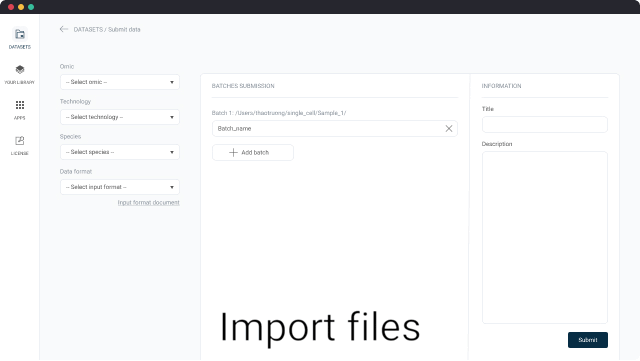Single-cell multi-omics analysis of human pancreatic islets reveals novel cellular states in type 1 diabetes
Maria Fasolino, Gregory W. Schwartz, Abhijeet R. Patil, Aanchal Mongia, Maria L. Golson, Yue J. Wang, Ashleigh Morgan, Chengyang Liu, Jonathan Schug, Jinping Liu, Minghui Wu, Daniel Traum, Ayano Kondo, Catherine L. May, Naomi Goldman, Wenliang Wang, Michael Feldman, Jason H. Moore, Alberto S. Japp, Michael R. Betts, the HPAP Consortium, Robert B. Faryabi, Ali Naji, Klaus H. Kaestner, Golnaz Vahedi
Abstract
Type 1 diabetes (T1D) is an autoimmune disease in which immune cells destroy insulin-producing beta cells. The aetiology of this complex disease is dependent on the interplay of multiple heterogeneous cell types in the pancreatic environment. Here, we provide a single-cell atlas of pancreatic islets of 24 T1D, autoantibody-positive and nondiabetic organ donors across multiple quantitative modalities including ~80,000 cells using single-cell transcriptomics, ~7,000,000 cells using cytometry by time of flight and ~1,000,000 cells using in situ imaging mass cytometry. We develop an advanced integrative analytical strategy to assess pancreatic islets and identify canonical cell types. We show that a subset of exocrine ductal cells acquires a signature of tolerogenic dendritic cells in an apparent attempt at immune suppression in T1D donors. Our multimodal analyses delineate cell types and processes that may contribute to T1D immunopathogenesis and provide an integrative procedure for exploration and discovery of human pancreatic function.
Datasets
1. Multiomics single-cell analysis of human pancreatic islets reveals novel cellular states in health and type 1 diabetes

Analyze this study
Source data
https://cellxgene.cziscience.com/collections/51544e44-293b-4c2b-8c26-560678423380
Alias names
GSE148073, PMID35228745, PMC8938904
Cite this study
Fasolino, M., Schwartz, G.W., Patil, A.R., Mongia, A., Golson, M.L., Wang, Y.J., Morgan, A., Liu, C., Schug, J., Liu, J. and Wu, M., 2022. Single-cell multi-omics analysis of human pancreatic islets reveals novel cellular states in type 1 diabetes. Nature metabolism, 4(2), pp.284-299. https://doi.org/10.1038/s42255-022-00531-x
